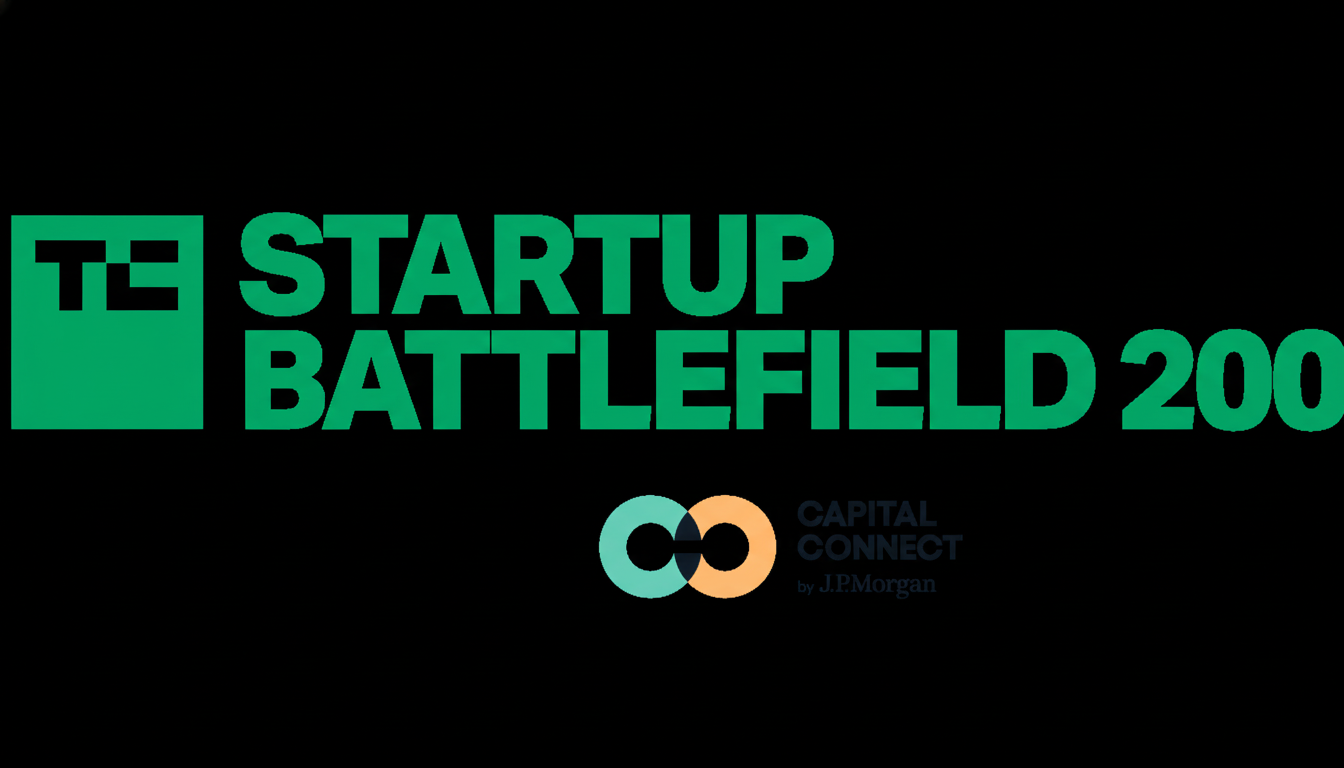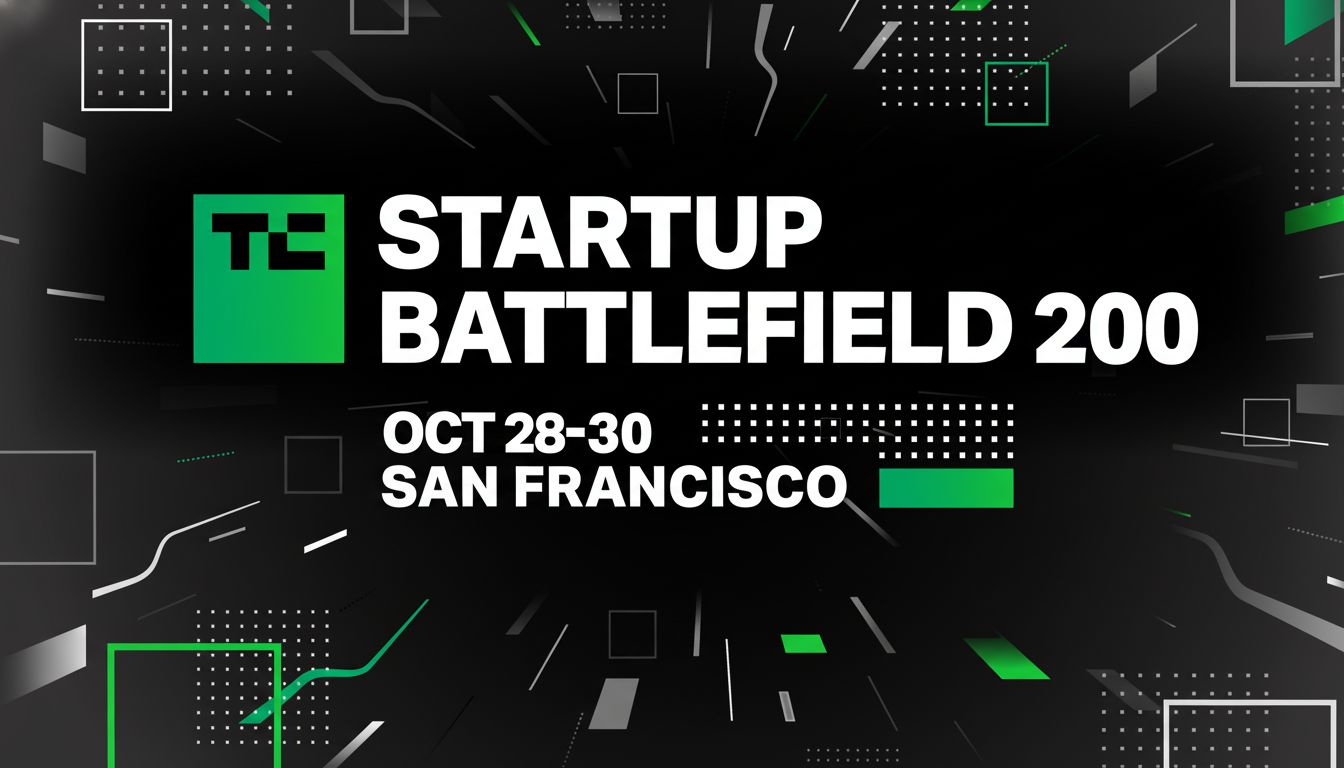The stage for casting the final die of Startup Battlefield 200 and its field is a dry-run snapshot of where tech power and pattern recognition are right now — Kirsten Green (Forerunner), Kevin Hartz (A*), Aileen Lee (Cowboy Ventures), and Kevin Rose (True Ventures). They have one simple yet incredibly challenging job — to identify and pick the winning “founder momentum” company among the Disrupt Battlefield participants.
Why These Judges Matter for Startup Battlefield 200 Finals
Finals judging is a high-stakes filtration process for product quality, market timing, and founder execution. This quartet sports a joint lens into consumer, enterprise, fintech, marketplaces, and frontier tech. That breadth is crucial: SB200 finalists are supposed to emerge from a pool of thousands, creating a single-digit acceptance rate by most measures, and pitch to an audience that normally runs into the five digits. The lived experience of this panel — building and scaling public companies, catalyzing category leaders, and backing outlying entrepreneurs — amplifies the signal-to-noise on stage.

Get To Know The Final Round Judges at Disrupt 2025
Kirsten Green founded Forerunner and helped pioneer the modern playbook for consumer and commerce investing. Under her tenure, Forerunner has built a portfolio of nearly $3 billion in assets under management and invested in names like Warby Parker, Faire, Hims & Hers, Chime, and Ritual. She is a board member of the National Venture Capital Association and a repeat honoree on the Forbes Midas and Forbes World’s 100 Most Powerful Women lists, based on a track record that marries product acumen with thesis-driven discipline.
Kevin Hartz is a co-founder and general partner at A*, and has company-building bona fides as the co-founder and long-time CEO of Eventbrite, which went public, as well as an earlier co-founder of Xoom, acquired by PayPal for north of $1 billion. An investor, Hartz has seeded or invested in (obviously including this publication) PayPal, Airbnb, Pinterest, Ramp, Trulia, and Anduril; and was early at Uber, Palantir, SpaceX (including through the firm where he was before starting Founders Fund), Square, and Gusto. He has the instinct of a marketplace and fintech operator for unit economics and distribution leverage.
Aileen Lee, founder of Cowboy Ventures, created the term “unicorn” to describe venture-backed companies that are valued at more than $1 billion — a framing that still structures how founders and investors discuss outliers. Cowboy’s portfolio includes enterprise and consumer software like Drata, Guild, Ironclad, and Dollar Shave Club (which was sold to Unilever for about $1 billion). Lee, who was a former partner at Kleiner Perkins, co-founded the nonprofit All Raise to promote tech industry equity. Several studies from All Raise and PitchBook have indicated that women-only founding teams picked up only about 2%–3% of U.S. venture dollars in recent years, a gap she’s working to close.
Kevin Rose, a partner at True Ventures and co-founder of Digg, operates in consumer, community, and frontier tech. His operating and investing roles have included CEO of Hodinkee as well as general partner of a top corporate venture arm, making investments in Uber, Slack, and Nextdoor. As an angel, Rose has invested in social, crypto, AI, and consumer staples platforms and protocols with reported stakes that include Twitter, Facebook, Solana, OpenAI, and Magic Spoon. He brings a product-first perspective learned during several tours of duty in the startup world.
What They’ll Be Looking For in Startup Battlefield
Look for pointed questioning about the math that separates momentum from mirage. Green is also known for delving into brand resonance and customer lifetime value — how a product achieves frequency, not just installs. Hartz usually dissects elements like go-to-market repeatability, payback periods, and the complexity of regulation or payments that can make or break fintech and marketplace plays. Lee explores founder–market fit and category design, based on years of enterprise SaaS pattern-matching, and a keen sense of enduring moats. Rose is constantly analyzing user behavior loops, community effects, and the wedge that turns early adopters into a mainstream.

Finalists need to come prepared with stories of defensibility — data moats, network effects, proprietary workflows — and proof that the economics scale: the gross margins, retention cohorts, and capital efficiency. With AI in almost every pitch this year, proof of measurable lift (for instance, in lower support tickets per user or better sales cycle velocity) will matter more than buzzword bingo.
The Stakes for Founders Competing in SB200 Finals
Victory in the finale of SB200 would mean more than a trophy. Former finalists and champions have used the platform to fill oversubscribed rounds, hire senior talent, and fast-track enterprise pilots. Media attention turns to consumer interest. Early-stage startups, regardless of a win, often find that honest feedback from judges — after being evaluated by those with multiple IPOs and billion-dollar exits under their belts — can reset roadmaps in ways that save quarters of trial and error.
And for early-stage startups mired by a skittish climate in funding, that signal can be life-giving. Industry watchers, including PitchBook and NVCA, have observed later-stage money may be tightening such that seed and early-stage activity could fare better — but be more disciplined. Panels like this one are a case in point of that discipline.
What to Watch This Year: Signals From the Judges Panel
With a panel that things are made of, you can likely expect to see more scrutiny around AI-native workflows in security and compliance, embedded fintech for vertical SaaS, and next-generation consumer brands that create loyalty through service not just performance marketing. Enterprise startups that can quantify reduction of risk or automation of compliance will be particularly attractive in a world demanding more trust and safety. On the consumer side, sub durability and community depth will be tested against CAC headwinds.
In the end, the finals are a referendum on focus: a product that stands out, an economic engine that is sustainable, and a team that ships. In the chairs sit Green, Hartz, Lee, and Rose, who will need their finalists to demonstrate not just that they can win — but that they can continue winning when money is hard to come by and customers have higher standards than ever.

